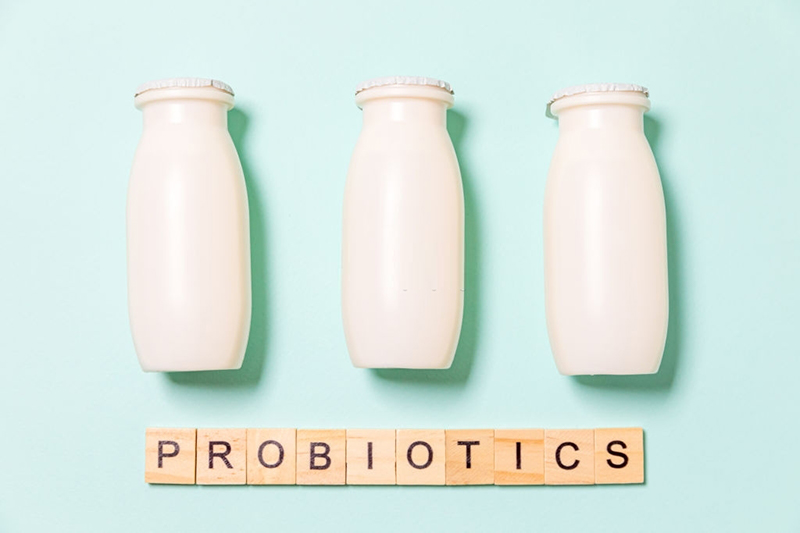What are probiotics, exactly?
Probiotics, like the beneficial bacteria in your gut, are “good” bacteria. They’re sometimes referred to as “living cultures” (for example bifidobacteria and lactobacilli). By shielding the gut from “bad” bacteria, they can help increase immunity and improve digestion. Probiotics increase the amount of “good” bacteria in our bodies, so taking them implies taking in more of them. probioticseverything.com probiotic quiz probiotic quiz
QUIZ
Do you consider yourself to be in good health, avoiding the common cold or flu?
Do you eat fruits and veggies on a daily basis?
Do you avoid gas and/or bloating symptoms?
Do you consume kimchi, sauerkraut, miso, or tempeh on a regular basis?
Do you have any allergies?
Do you have no signs or symptoms of IBS?
Do you eat yogurt, kefir, or aged cheese on a daily basis?
ANSWER
If you replied “no” to two or more of these questions, consider supplementing your diet with prebiotics and probiotics. If you can tolerate dairy, start with yogurt, kefir, and aged cheese. If you can’t have dairy, can you substitute kimchi, sauerkraut, miso, or tempeh? When feasible, make your grains whole grains, and if you like bananas, onions, garlic, soy beans, leeks, or artichokes but don’t eat them often, make a point of adding them to your cart the next time you go grocery shopping. probioticseverything.com probiotic quiz probiotic quiz
When should you take supplements?
If your quiz answers suggest that you have a low probiotic consumption and you aren’t optimistic about increasing your intake of yogurt, kefir, aged cheese, kimchi, sauerkraut, miso, or tempeh, it may be a good idea to complement your diet with a probiotic supplement. probioticseverything.com probiotic quiz probiotic quiz
Probiotic supplements
Probiotics and prebiotics are available as supplements and in foods that have been supplemented with them. Probiotics and prebiotics, on the other hand, are naturally present in some foods. Whenever possible, seek out foods that are naturally occurring, as absorption is higher in the natural state than in the supplemented condition. Probiotics can be found naturally in fermented dairy foods including yogurt, kefir, and aged cheeses. These have live cultures in them. Kimchi, sauerkraut, miso, and tempeh are examples of non-dairy foods that contain probiotics. There are other non-dairy yogurts with living cultures added. probioticseverything.com probiotic quiz probiotic quiz

